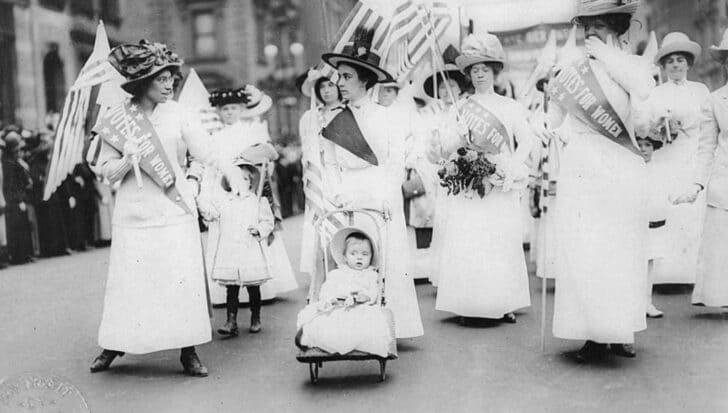The Progressive Generation was born shortly after the end of the Industrial Revolution into a world full of factories and mass media.
In their early lives, they witnessed wars and injustices against many different people, fuelling this generation’s ideas of progress, equality, and innovation.
It was almost inevitable that they would ultimately clash with the traditions and values of their parents.
The impact of the Progressive Generation’s societal reforms and technological innovations was so profound that it can still be felt today.
Read on to see how this generation shaped the world around us!
They were born into a time of great change and turmoil.
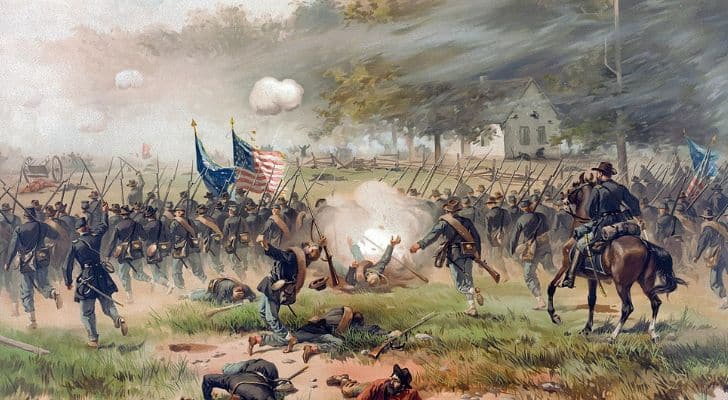
Unfortunately for Native Americans, the USA was expanding in the Wild West.
On January 24, 1848, the first gold nugget was discovered in California. Two years later, California became the 31st state in the USA.
With the huge influx of people into the state came more war, slavery, and disease. Many Native Americans were killed by settlers and the diseases that came with them.
Many more of them were forced to work in the gold mines.
In their early years, the Progressive Generation fought against slavery in the American Civil War (1861-1865).
Many of them were well under the age of eighteen when they were thrown into the front lines of battle.
The youngest of the generation acted as scouts or nurses in the war. The ones who did not participate had to grow up very quickly and assume the roles of their family members who had gone off to fight.
Why were they called progressive?
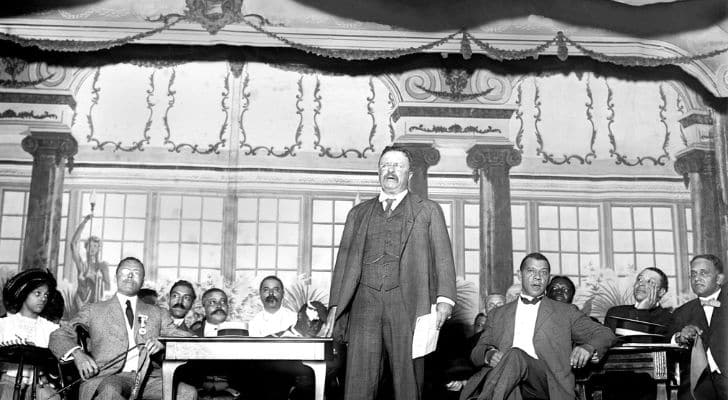
One reason for this generation’s name is the actions of young President Theodore Roosevelt.
During his term, he successfully broke apart monopolies and trusts that did not consider worker’s or consumers’ rights.
To do this, he created regulatory agencies and laws to protect the American public and clean up the food processing industry.
These new rights were the true progressions of the era and why they got their name.
Unfortunately, despite the wonderful new idea of people’s rights, this generation came with some very heavy contradictions.
Of the 22 million Americans born between 1843 and 1859, about 9 percent of them were slaves at some point in their life.
That being said, many of them later saw the 13th Amendment written into the Constitution, effectively ending slavery in the USA. Of course, many people were against this huge change.
Towards the end of the century, the Progressive Generation also saw the last battles with Native American tribes. This all ended horrifically at the Wounded Knee Massacre of December 29, 1890.
Twenty medals of honor were given to the soldiers who participated in the massacre of hundreds of unarmed men, women, and children.
The Progressive Generation drove reform through mass media and activism.
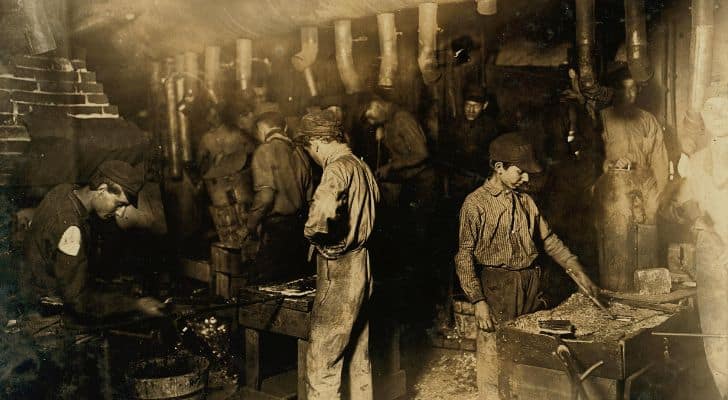
Towards the middle and end of the Progressive Generation’s lives, they created massive reform. The ability to communicate movements and ideas was amplified by the inventions of their generation.
With the advent of mass media came the Muckrackers, journalists, writers, and photographers who used magazines and radio to expose political and industrial corruption.
The Muckrakers also helped the public and the new middle class become activists against child labor, women’s rights, and unsafe working conditions, among many other problems of early capitalism.
With activism came government reform, including the Civil Rights Act (1870), which allowed people of color to vote, the Pure Food and Drug Act (1906), and the 19th Amendment (1920).
They completely changed how we talk to each other.
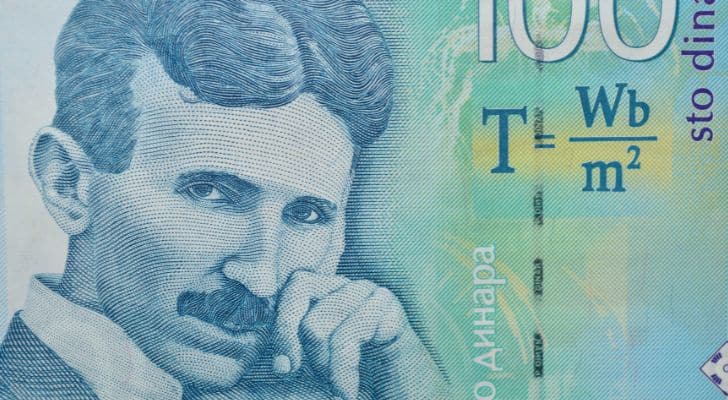
One of the most famous inventors in history, Nikola Tesla, was of the Progressive Generation.
Although Tesla invented many different things, his invention of the radio would change the world forever.
Another influential inventor of the era focused on communications. Alexander Graham Bell, at the age of 29, invented the telephone in 1876, making it possible for people to talk to each other at great distances.
Thomas Edison contributed to the invention of the telephone by using batteries to boost current and extend the distance at which telephones could operate.
Around the same time, he also invented the first practical electric light bulb, illuminating the night for humanity.
With humanity’s new ability to communicate around the world, surely we would find it easier to see eye to eye?
The lives of the Progressive Generation were marked by war and the rapid expansion of borders and boundaries in science and technology.
This hard upbringing forced them to see the need for progress in almost every aspect of post-industrial life.
Through all of this hardship and hard work, the ideas of The Progressive Generation still managed to better the lives of so many people.
Despite their many contradictions, this generation reminds us that progress is always worth pursuing, no matter how messy.

